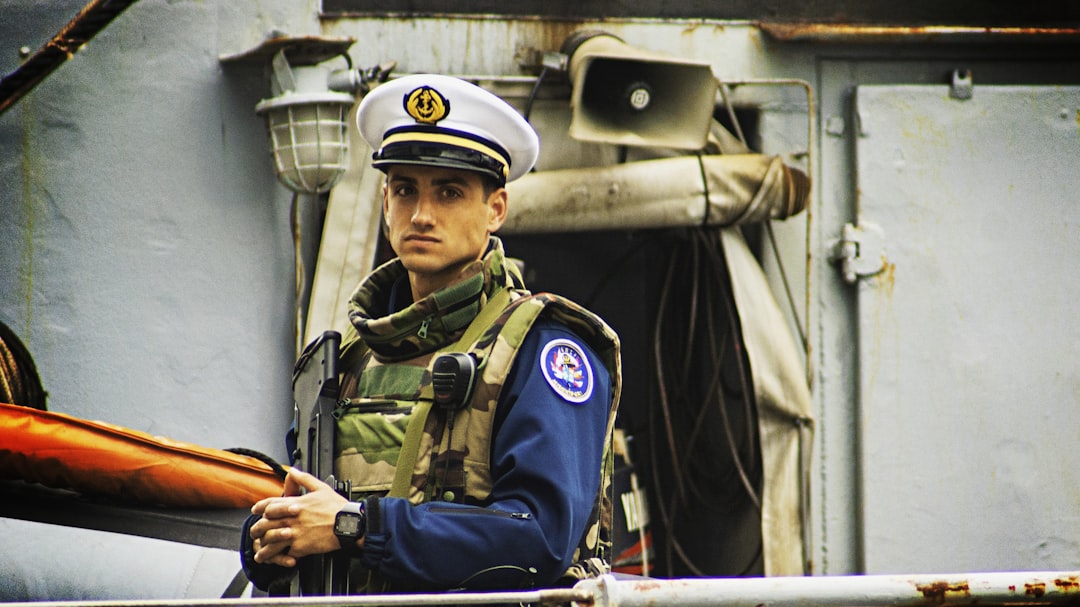Ship's Officer Āpiha Kaipuke
Ship's officers navigate and control the safe operation of a ship and supervise and co-ordinate the activities of deck crew.
Ship's officers may do some or all of the following:
- navigate and control ships
- take charge of ships when on watch
- arrange repairs, fuel and supplies
- supervise the loading, unloading and storage of cargo
- organise crew activities on deck
- organise ship security.
Physical Requirements
Ship's officers need to have good eyesight (with or without corrective lenses) and normal colour vision.
Useful Experience
Useful experience for ship's officers includes:
- Sea Cadet/Scout training
- deck cadet training with a shipping company
- work as a deckhand
- service in the Navy.
Personal Qualities
Ship's officers need to be:
- disciplined and responsible
- adaptable
- able to work well independently and as part of a team
- excellent communicators with leadership skills
- well organised
- good at maths.
Skills
Ship's officers need to have knowledge of:
- the requirements of running and supplying a ship
- how to navigate and control a ship
- how to read charts and identify hazards
- the logistics of working with cargo, ballast and fuel
- maritime laws and requirements
- safety procedures and methods such as firefighting, rescue, and collision prevention.
Conditions
Ship's officers:
- usually work shifts and are on call 24 hours a day while at sea. When working for international shipping companies, ship's officers often work three months at sea followed by three months' leave, though this depends on the company and ship
- work in all weather conditions
- usually travel to ports around New Zealand or travel internationally to foreign ports.
Subject Recommendations
No specific secondary education is required for this job, but English, maths and physics to at least NCEA level 2 are useful.
Related Courses
Ship's Officers can earn around $60K-$130K per year.
Pay for ship's officers varies depending on rank, experience and the type of vessel they work on.
However, they usually earn between $60,000 and $130,000 a year.
Source: Maritime New Zealand, 2017.
Ship's officers may progress in ranks to:
- third mate
- second mate
- first mate, also known as chief officer, watchkeeper and officer in charge.
With further training ship's officers can also become a ship's master.
They may also progress to administrative, management or education roles in the maritime industry, such as a marine manager or lecturer.
Depending on their position or rank, ship's officers may specialise in roles such as:
- supervising the discharge and loading of cargo
- navigating, controlling and piloting ships.
Years Of Training
2 years of training usually required.To become a ship's officer you need to have relevant Maritime New Zealand approved experience and qualifications.
In general, you must have served time at sea:
- on a vessel that is above a defined size or weight
- working as a cadet or apprentice, or in a position of greater responsibility.
You also need to:
- have approved qualifications in first aid, radar, firefighting and survival
- pass seafarer medical tests
- pass eyesight and colour vision tests
- pass Maritime New Zealand qualifications, including both written and oral exams

 Marlborough Boys’ College
Marlborough Boys’ College